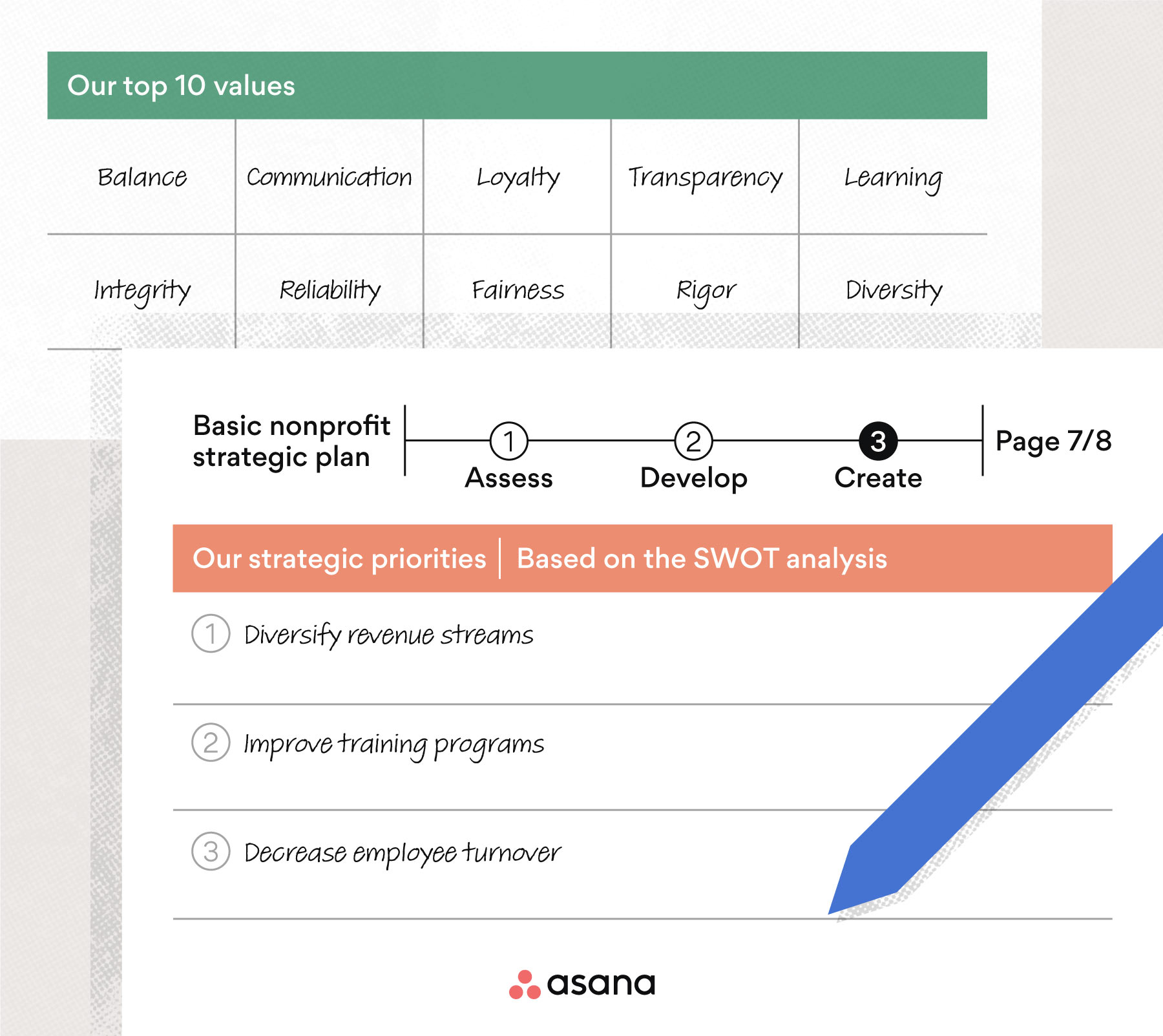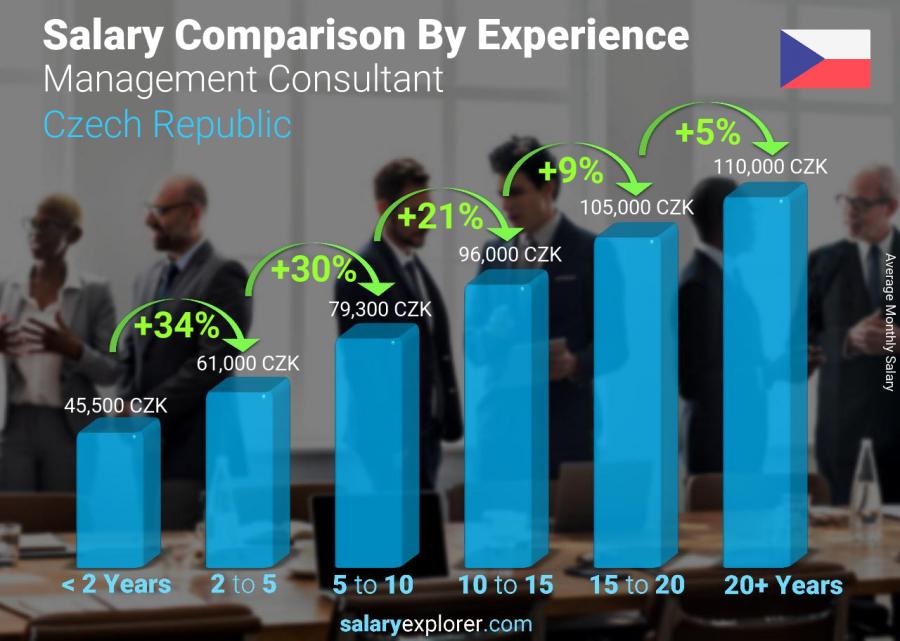
A Washington DC business license will be required if you wish to open a new business. There are a few different types of licenses that you will need in order to operate your business in the District. These licenses can be obtained from the Occupational and Professional Licensing Administration. Check the DC Business Portal for information about which licenses you will need to run your business.
Application fee
Washington DC's business licenses are necessary to be able to run your business. There are several different types, including a General Business License and a Basic Business License. DC has two business license assessments per year. A Basic Business License costs $160 and a General Business License costs $350.
A basic business license is necessary for most types of businesses, and this license will allow them to conduct business. Online applications are possible to obtain one. Here is a list with the applicable fees and categories of business licenses. The DCRA will submit your application for approval.
Requirements
The District of Columbia has specific requirements regarding business licenses. DC requires that all businesses obtain a basic operating license. However, there are some exceptions to this rule. Businesses run by licensed principals need not obtain a license.

Multiple licenses may be required depending on the type and size of a business. Those requiring only a Basic Business License may also need a professional license or an environmental permit from the Department of Energy and Environmental Protection. If you are unsure whether your business requires any additional licenses, the Department of Consumer and Regulatory Affairs (DCRA) has information about these requirements.
Requirements to renew
There are several steps to follow before you can renew the DC business license. First, you need to apply for a license. This is a mandatory step for most businesses in the district. After applying, you must list what your business will do. There are various categories that you can choose from, and you must meet these requirements in order to operate legally in the district. The DCRA's website has more information about endorsements and these categories.
Next, you need to apply for a Basic Business License. You can complete the application online. While most licenses can be approved immediately, some licenses may take up one week to process.
Agents to list
You'll need a license to run a business here in the District of Columbia. There are some things to keep in mind before getting your license. First, register your business with HCDC. A separate license is required for each unit you are renting. This is because each unit must have been inspected and certified.
The District of Columbia's Department of Insurance, Securities and Banking governs the financial service industry. Their role is to protect consumers as well as create an environment that encourages fair business for those regulated.

Paper forms available
Every business in the District of Columbia needs a Basic Business license. It is issued through the Department of Consumer and Regulatory Affairs. For environmental permits, it may be issued by either the Department of Energy & Environment or the Metropolitan Police Department to protect security officers. You can purchase or print paper forms. Payments for certain categories can be made in person or online.
The Business Registration Division can also accept credit cards. It accepts Visa MasterCard, American Express and Diners Club credit cards. You will need the cardholder's information and the expiration date. There are also fillable PDF forms.
FAQ
How did modern consulting come to be?
The first consultants were accountants who helped companies manage their finances. Their skills in managing financial information led to them being called "accounting consultant". They soon expanded their roles into other areas like human resources management.
The term "consultant" came from the French word for "to advise." It was used by businessmen to describe someone who could offer advice on how to run an organization. In fact, most business owners today still use the word consultant when referring to any kind of professional advisor.
Do I need to seek legal advice?
Yes! Yes! Many consultants create contracts without consulting clients. This can cause problems later on. What happens if the client cancels the agreement prior to the consultant's completion? Or, what happens if the consultant doesn't meet the deadlines set forth in the contract?
Avoid potential legal problems by consulting a lawyer.
How does consulting differ from freelancing?
Freelancers work as independent contractors and offer their services without the assistance of an agency or company. They generally charge an hourly rate depending on how long they spend on a client project. Consultants typically work for agencies and companies that employ them. They are often paid monthly or annually.
Because they set their own hours and prices, freelancers are often more flexible than consultants. However, consultants often have better benefits, such as health insurance, vacation days, sick leave, retirement plans, etc.
What should I expect from my consultant
After you have selected your consultant, expect to hear from them within a few business days. They will often ask about your company's mission, goals and products. After receiving this information, they will prepare a proposal outlining their scope of work, estimated timeline, fees, deliverables and milestones.
If everything goes as planned, then both parties will agree to a written contractual agreement. The type relationship between the two sides (e.g. employee-employer or independent contractor-employer) will dictate the terms of the contract.
If everything goes smoothly, the consultant can begin work immediately. S/he will have access to your internal documents and resources, and you'll have access to his/her skills and knowledge.
Don't think that consultants are experts. To become an expert in any field you consult, it takes practice and effort. Don't expect your consultant know everything about your company.
How do I start an LLC consultancy business?
You must first figure out what you want to do as a service provider. The next step is to ensure that you're qualified for the services you offer. You might find someone who does the same thing you are interested in and learn from them.
Once you have an idea of the content you want, you can then determine where your target audience is. If there aren't enough of them, you may need to create them.
You will then need to decide if it is worth starting your own business, or hiring others to do it.
You could also consider starting your own consulting company by getting a license from the state, but this requires quite a bit of paperwork and legal fees.
Statistics
- According to statistics from the ONS, the UK has around 300,000 consultants, of which around 63,000 professionals work as management consultants. (consultancy.uk)
- WHY choose me: Why your ideal client should choose you (ex: 10 years of experience and 6-week program has helped over 20 clients boost their sales by an average of 33% in 6 months). (consultingsuccess.com)
- On average, your program increases the sales team's performance by 33%. (consultingsuccess.com)
- 67% of consultants start their consulting businesses after quitting their jobs, while 33% start while they're still at their jobs. (consultingsuccess.com)
- Over 50% of consultants get their first consulting client through a referral from their network. (consultingsuccess.com)
External Links
How To
How do you find the best consultant?
Ask yourself what you want from your new consultant before you start looking. Before you begin searching for a consultant to help you, you should be clear on your expectations. It is important to make a list with all the requirements you have for a consultant. This might include skills such as project management, professional expertise, communication, availability, and technical skills. Once you've listed out these requirements, then you may want to consider asking some friends or colleagues who they would recommend. Ask them what their experience with consultants was like and how they compare to yours. If you don't have any recommendations, try doing some research online. There are many websites, such as LinkedIn, Facebook, Angie's List, Indeed, etc., where people post reviews of their previous work experiences. Take a look at comments and ratings from others, and use that data to find potential candidates. Once you have a short list of candidates, contact them to arrange an interview. In the interview, discuss your needs and ask them for their suggestions on how you can achieve them. It doesn’t matter if the person was recommended to you; it matters that they understand your business goals, and can show you how they can help.